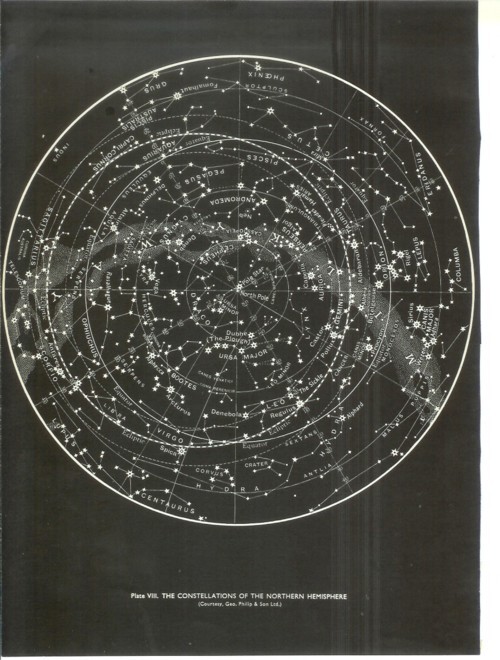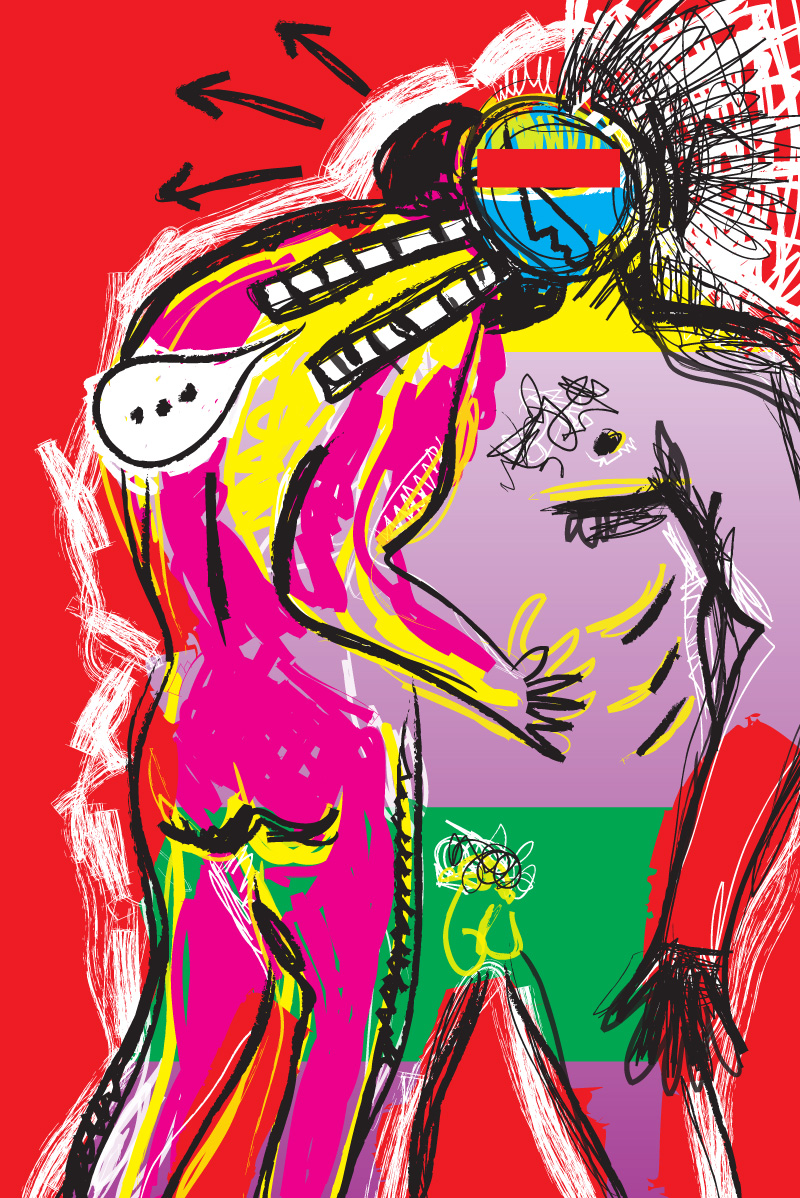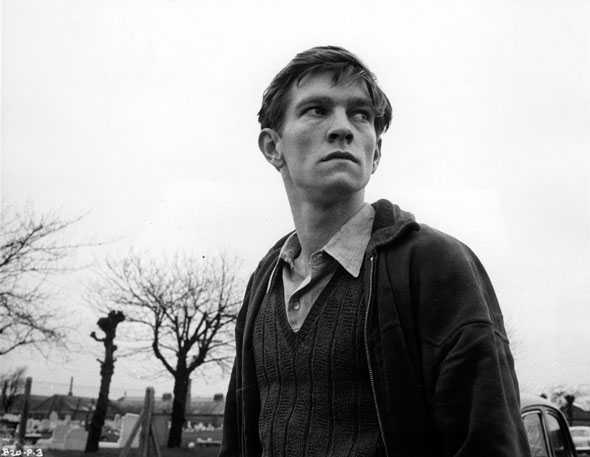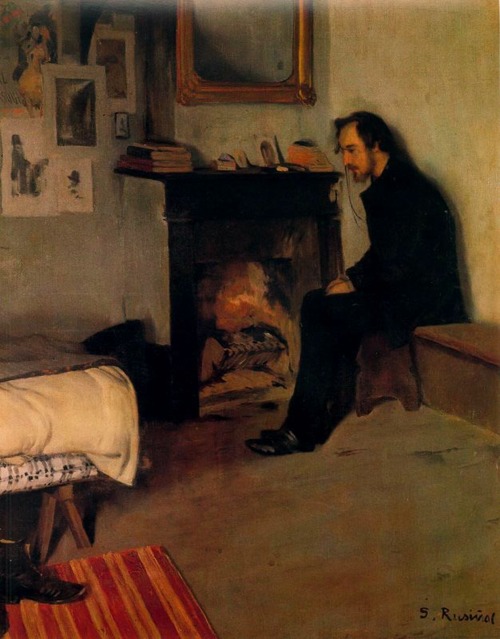
Within her musical output, Maya Arulpragasam has proven reactive to our flawed, shifting societies (“Galang”), predictive of unscrupulous politics (“The Message”), and unflinching in her storytelling reach (“Bad Girls”), while functioning as a vehicle for the most obscure of music’s narrators (“Lovealot”).
Where the academic, journalistic profferings of media agencies leaves me intellectually provoked to the point of prostration, proving an impediment (to what I’m unsure, but something), I’m privy to a private, visceral experience when listening to MIA. I’m constantly made furious.
Her music, for me, is a rejection of non-violent protest. It’s a fuck you to our own wrongdoings and our own inertia, and it’s a fuck you to music’s apolitical setting.
Only recently, Thom Yorke said, “If I was going to write a protest song about climate change in 2015, it would be shit. It’s not like one song…is going to change someone’s mind.”
Shouldn’t stirring the populous, even inciting the crowd, be the aim of the artist, though? Deemed defeat should not justify inaction. The correct response, surely, is any response.
Yet, subsequent to Europe’s most recent horrors and in response to the ongoing refugee crisis of Syria and the world’s rejection of same, MIA released “Borders”. Void of a lyric sheet the opening lines are obscure, but, “Freedom, I’dom, Me’dom / Where’s your We’dom? / This world needs a brand new Re’dom / We’dom–the key / We’dom the key’dom to life” proves an extension of her less creatively executed Twitter proclamation:
https://twitter.com/MIAuniverse/status/665873633085169664
To be bland, it’s here where the MIA experience comes upon a crossroad. The listener may opt to side with the supposed feeble influence of music and its conspirators, or it may ride the brave wave. The bass is aptly murky, serving its creator as a platform for protest. Rhythmically, it’s a smoldering pace. There is a pulse, but it’s ooze-like, functioning as a transporter from one memorable refrain to the next. And when she levels her torment to our ears (“Borders: What’s up with that? Broke people: What’s up with that? Boat people: What’s up with that?”) she does so with clarity and poise. There are no particular theatrics, as if the words carry weight–and they do.
It’s an assured presentation, no more apparent than in the song’s visual partner where MIA performs, self-directed, like a still-life piece. Musically, “Borders” emanates from a world of a single inhabitant: MIA. It’s void of genre or place; its only comfort lies in it being undisputedly modern. Lyrically, it exists in the same world. Alone. MIA is a unique, single voice in a generation masturbating its self-awareness.
“Your future: What’s up with that?”
[Fly Pirates. Eye Tunez.]


.jpg)




